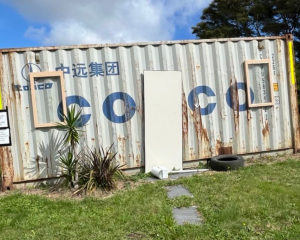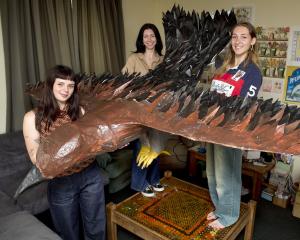The success of a Dunedin play about dementia has surprised even its creators.
Dunedin theatre practitioner Cindy Diver and Dunedin GP Susie Lawless created the verbatim theatre show last year for a short season at the Fortune Theatre.
''It's had a life much greater than the small Dunedin season at the Fortune studio,'' Dr Lawless says.
The play sold out at the Fortune and since then they have been invited to perform it at conferences for general practitioners and the Alzheimer's Association including the association's international conference in Perth.
''There were 1500 delegates and 10% were living with dementia so it was delving into messages the audience was very close to. It was fantastic,'' Dr Lawless said.
It was also performed in Auckland and Hamilton late last month and will tour with Talking House Theatre's production of Be Longing during the next two months, thanks to Creative New Zealand funding.
Both productions are verbatim theatre that involve actors, with testimonies of interviewees playing in their ears, not only repeating the words of their subjects but as closely as possible replicating their accents, inflection and hesitations.
They also reproduce as accurately as possible each gesture and involuntary movement of their subjects.
The Keys are in the Margarine features a range of people including patients and their families, mostly from Dunedin.
A key role in the play is based on former Dunedin mayor Peter Chin's experiences as the husband of a dementia patient.
Dr Lawless believes the play has been so successful because people are becoming more aware of the issues around Alzheimer's and dementia.
''There are 50,000 people living with dementia in New Zealand but by 2020 it will have tripled to 150,000. That is a huge issue for an ageing population and their families.''
Performances of the play at medical conferences have helped make health professionals more aware of the human stories around the condition, she says.
The play was approved by the University of Otago's medical ethics committee and supported by Alzheimer's Society Otago.












